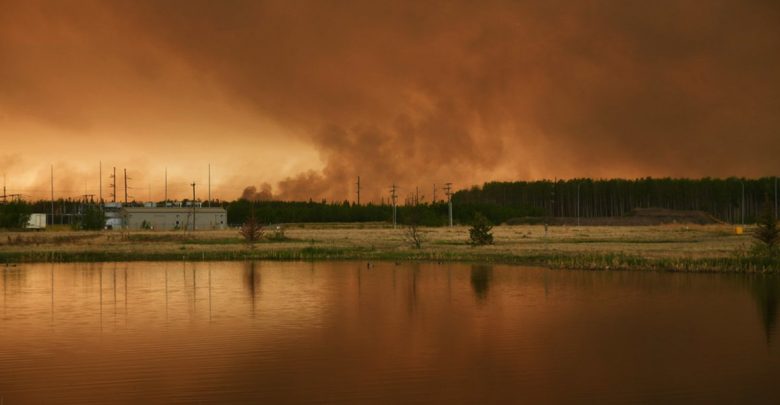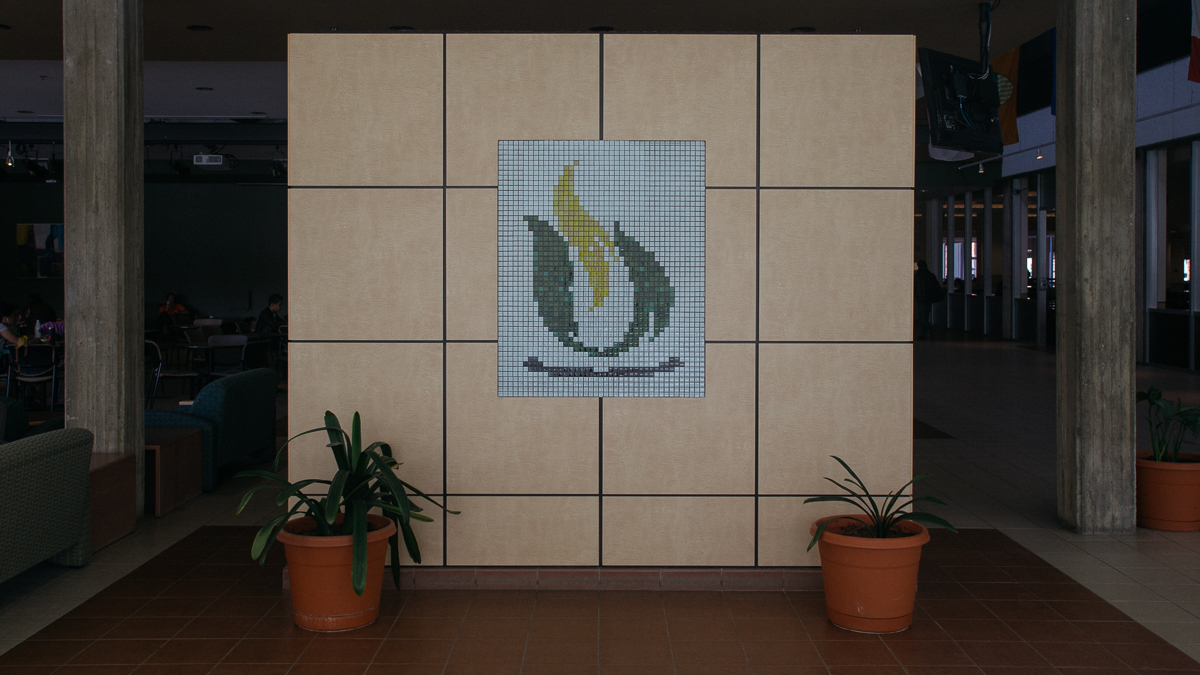 J.W. Schnarr atThe Echo-Pioneer
J.W. Schnarr atThe Echo-PioneerAlbertans are used to wildfires — in fact, we have learned to expect them to destroy large portions of the province during the summer. But some fires, like the one that ravaged Fort McMurray and the surrounding area for 15 months, are easier to remember than others.
In case you haven’t heard, right now there is a fire burning over 80,000 hectares of space near High Level in northern Alberta. The fire has been ranked at the highest danger level possible, and all residents have been ordered to evacuate. A recent shift in the wind has firefighters hopeful, but they continue to warn that the direction could change at any moment.
The High Level fire began unseasonably early, and arguments are popping up all over twitter about whether or not this is because of climate change.
Despite what some choose to believe, there is evidence that climate change is increasing the incidence and severity of wildfires. The National Resources Canada website says that “Fire-prone conditions are predicted to increase across Canada… potentially result[ing] in a doubling of the amount of area burned by the end of this century,” and that this could have “severe environmental and economic consequences.”
The reasons climate change increases the risk of wildfire are numerous, from longer, drier summers to tree-killing pest outbreaks, but one thing is clear: forest fire conditions are getting worse by the year, and will continue to do so. High Level is just one example of the many, many earth-razing fires which have broken out around the world in recent years.
Whether you acknowledge it or not, forest fires are getting out of control, in large part due to climate change. Deniers can ignore it all they want, but the fact of the matter is that we need to come up with a solution to combat the increasingly destructive nature of these fires. Instead of watching people lose their homes, businesses, and even lives, we need to be working on reversing the individual effects of climate change.
It’s time for us to listen to the scientists, and at the very least acknowledge the impact humans can have on natural disasters.




